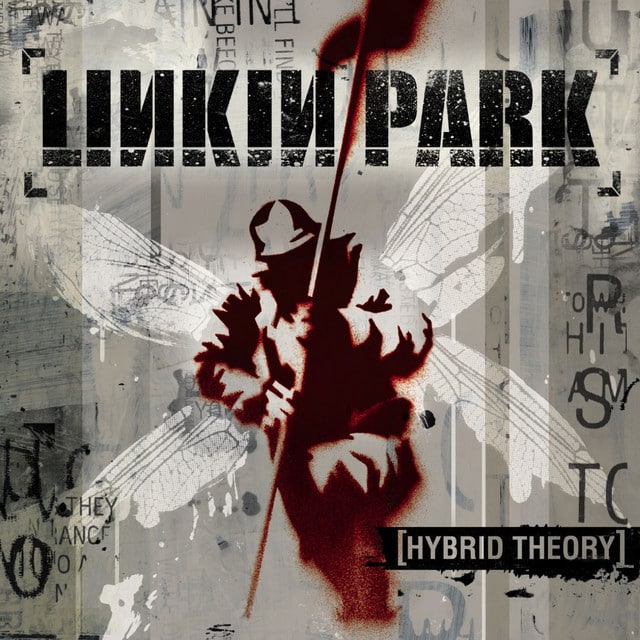Released: 2000
“In the End” by Linkin Park is a rock anthem that has resonated with millions around the globe, encapsulating the futility and despair of effort that goes unrecognized or unrewarded. Through its driving melodies and impassioned vocals, the track delves into themes of time, memory, and the inherent struggle of trying to achieve in the face of inevitable loss. It’s a stark meditation on the human condition, wrapped in the band’s signature nu-metal sound.
The song kicks off with a line that sets the tone for the entire narrative: “It starts with one.” This seemingly simple statement harbors a profound understanding of how actions, no matter how small or innocuous they seem, can set off a chain reaction of events. The opening verse wrestles with the idea that despite one’s best efforts (“how hard you try”), the outcome often remains unaffected. The “valuable thing” referred to is time—an ever-depleting resource that the protagonist watches “fly by as the pendulum swings,” symbolizing life’s relentless and unforgiving march forward.
As the narrative progresses, the protagonist reflects on the wasted efforts and the pain of seeing something valuable slip away, summed up in the poignant line, “I wasted it all just to watch you go.” The chorus then hits with a gut punch of realization: “I tried so hard and got so far, but in the end, it doesn’t even matter.” This refrain isn’t just a catchy hook; it’s a raw acknowledgment of the often futile nature of human endeavor against the inexorable flow of time and the unpredictable outcomes of life.
The second verse shifts perspective slightly, reminiscing on a past relationship where the protagonist felt undervalued and mistreated (“Acting like I was part of your property”). Despite these struggles and the ultimate dissolution of this relationship, the protagonist realizes that these hardships have become a part of who they are (“But it all comes back to me in the end”). The lines “[I] kept everything inside and even though I tried, it all fell apart” speak to the internal battle of maintaining outward composure while crumbling inside, a universal experience for many.
The bridge of the song introduces a moment of vulnerable trust (“I’ve put my trust in you”). This perhaps is an appeal to the other party in the relationship or more broadly to life itself, acknowledging the extent to which the protagonist has committed to this path, despite where it led. The repetition in the bridge emphasizes the cyclical nature of trust and betrayal, hope and disappointment.
Ultimately, “In the End” resonates with its audience through its raw articulation of a universal truth: that sometimes, despite our most ardent efforts and the depths of our sacrifice, we cannot influence the outcome. The song, however, does not leave us in despair; instead, it offers a kind of catharsis, a recognition of shared human experience, urging us to keep moving forward, even when the efforts seem in vain. It’s a powerful anthem of resilience in the face of existential frustration, emblematic of Linkin Park’s enduring legacy in the world of rock.








